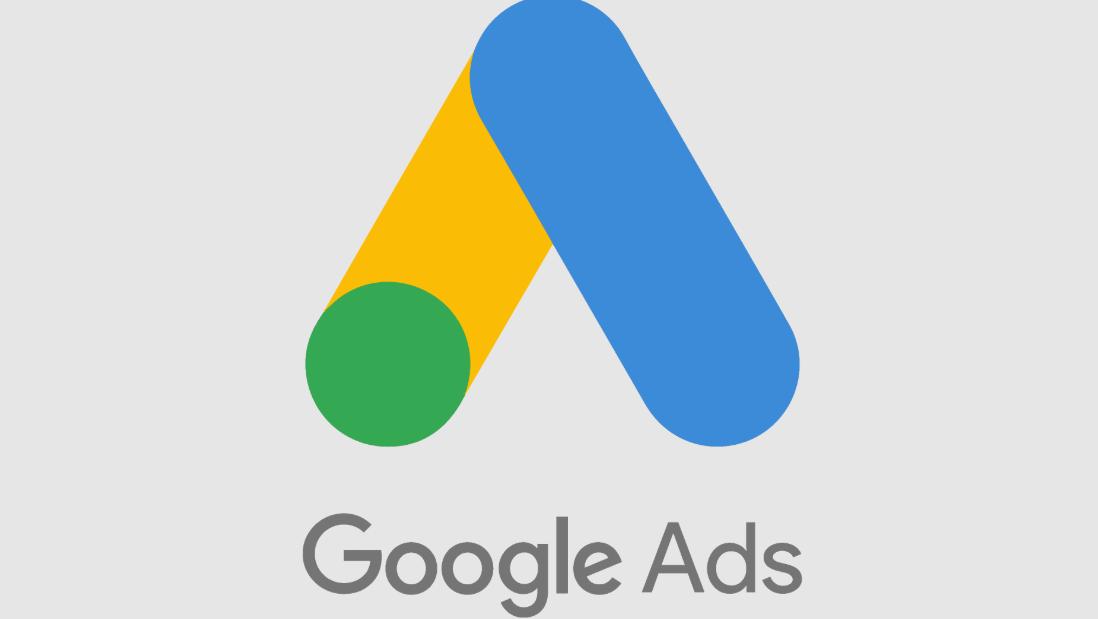In the digital marketing world, businesses often choose between different service models, including white label Google Ads and private-label options. Both offer opportunities to provide Google Ads services to clients under your brand, but they come with distinct differences.
Here’s a breakdown of how the white-label approach differs from the private-label:
Branding Control
- White Label: Businesses have full control over branding. The outsourced provider handles the execution, but the campaigns are presented as if they were created by the business itself. The provider’s identity is hidden, allowing businesses to maintain a seamless brand experience.
- Private Label: The service is provided with the agency’s branding, but the business has less flexibility to customise or personalise the campaigns. The service might be offered under a generic name, limiting customisation opportunities.
Level of Control
- White Label: Businesses have significant control over the entire campaign process, including strategy, implementation, and reporting. They manage the client relationship directly while the provider works in the background.
- Private Label: The business has less control over how the campaigns are managed. The service provider often handles much of the strategy and execution, leaving the business with less oversight.
Reselling and Markup Opportunities
- White Label: The business typically resells the service at a marked-up price, allowing for more substantial profit margins. The pricing is usually flexible based on the level of customisation or additional services provided.
- Private Label: The reselling process is often more rigid, with fixed pricing models and fewer opportunities for significant profit margins. Businesses may sell at a set price with little room to adjust based on service customisation.
Customer Interaction
- White Label: Agencies handle all customer interactions and communications, positioning themselves as the primary point of contact for the client. The white-label provider’s involvement is not disclosed.
- Private Label: Agencies may have less direct interaction with clients, as the service provider may also play a more visible role in communication, potentially revealing that they are the ones behind the campaigns.
Google Ads Reseller Program vs. White Label Services
- White Label: Provides full flexibility in branding and customisation, allowing for a tailored service offering.
- Google Ads: In this model, businesses resell Google Ads services, but often with less flexibility for customisation. This model is more focused on the reselling aspect rather than managing or customising campaigns.
Conclusion
The key differences between white label Google Ads and private-label services come down to the level of control, customisation, and branding flexibility. Businesses that require full control over their campaigns and client relationships will benefit more from the white-label approach, while private-label services may suit those seeking ready-made solutions with less involvement in the process.
